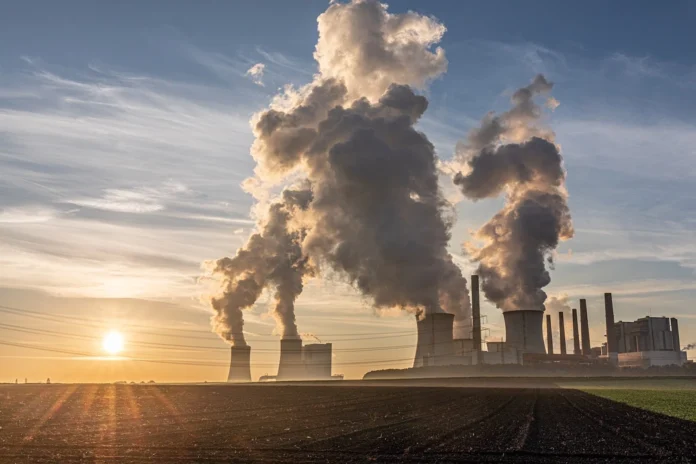Mozambique is taking an innovative approach to fighting climate change by using its liquefied natural gas (LNG) reservoirs to capture carbon dioxide (CO₂). The measure is part of the National Maritime Spatial Planning Plan (POEM), which was drawn up in 2021 and approved at the end of 2024. The aim of the plan is to integrate gas exploration with sustainable environmental projects, helping to reduce emissions of CO₂, one of the main greenhouse gases.The proposal to use gas reserves for carbon capture aims not only to mitigate the environmental impacts of the LNG industry, but also to make progress in the fight against global warming. Capturing CO₂ is seen as a strategic solution for reducing the amount of carbon dioxide in the atmosphere, helping to combat climate change.
Gas exploration and economic potential
Mozambique has vast LNG reserves, which are being exploited by large multinationals such as TotalEnergies, ExxonMobil and Eni. It is estimated that the country’s reserves could generate revenues of up to 100 billion dollars, with Mozambique potentially becoming one of the world’s top ten LNG producers by 2040, accounting for 20% of African production, according to a 2024 study by consultancy Deloitte.
The POEM also highlights the importance of establishing a robust legislative and administrative framework for hydrocarbon exploration, in order to minimize environmental impacts and conflicts with other local activities, such as fishing and tourism. In addition, the plan proposes measures to reduce the ecological effects of industrial and urban infrastructure in coastal areas.
Maritime resources and environmental preservation
With a coastline of 2,700 km and a vast maritime area of 572,000 km², Mozambique has one of the most valuable natural heritages in Africa. The country is home to mangroves, coral reefs and estuaries, as well as conservation areas of 4,600 km², which face challenges such as overfishing, pollution and climate change. The POEM provides for the preservation of these natural resources and the promotion of sustainable tourism, such as shipwreck diving and the exploration of underwater archaeological sites, especially on Mozambique Island, in the northern region.
The plan also emphasizes the importance of protecting the country’s underwater cultural heritage, which includes more than 300 shipwrecks off the Mozambican coast. To this end, ratification of the UNESCO Convention on the Protection of Underwater Cultural Heritage is one of the priorities.




